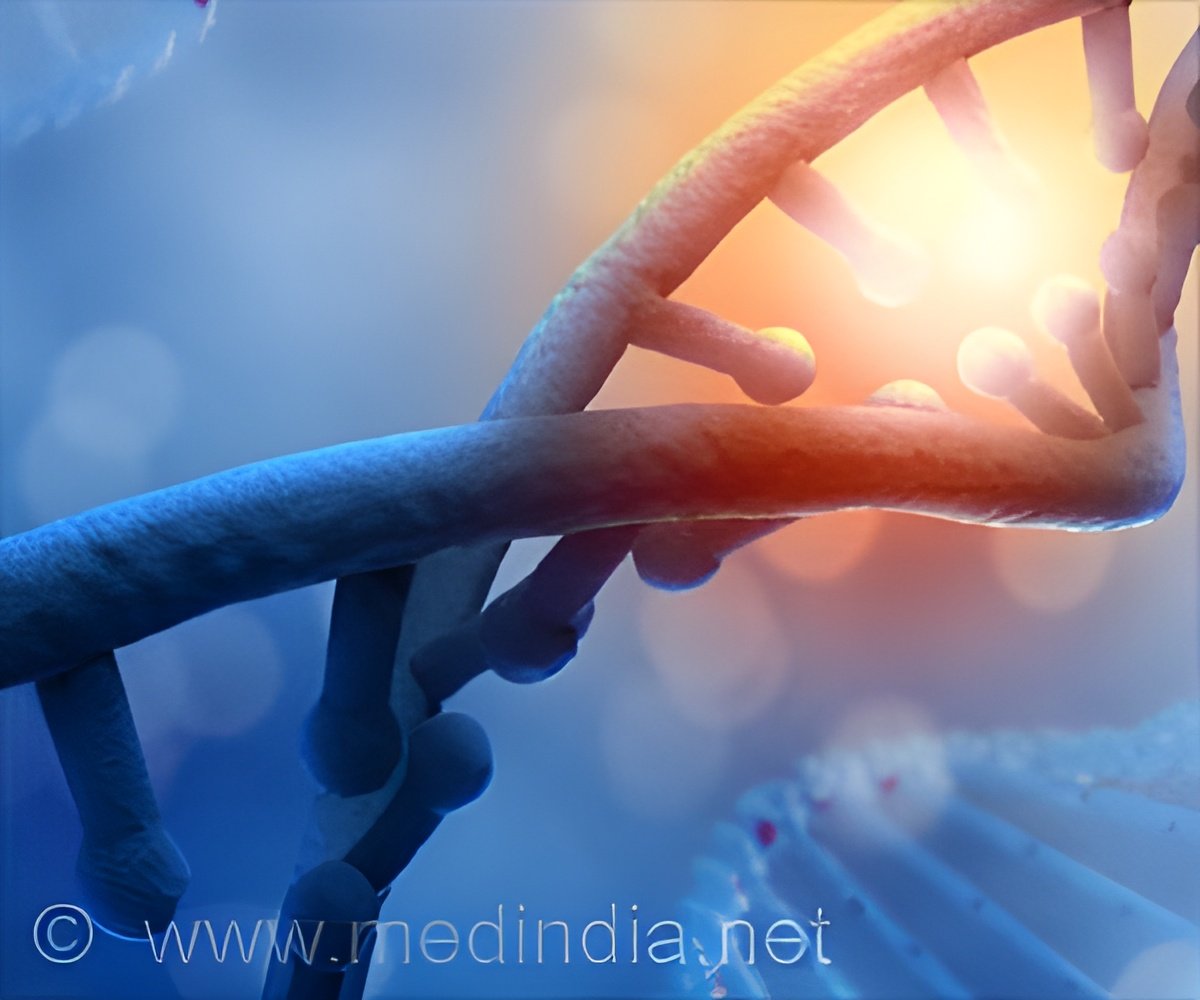Neural excitation/activation and social stress in the brain may induce a novel post-translational modification called protein lactylation.

‘Neural excitation/activation and social stress in the brain may induce a novel post-translational modification called protein lactylation.
’





Novel Post-Translational Modification in Brain The study reveals the positive link between protein lactylation in neurons and the lactate levels (especially lactylation of H1 histones) in mice through biochemistry, cell culture, histology, and mouse behavior experiments.
The link was further enhanced by neural excitation and social stress, especially in the prefrontal cortex (PFC) in vivo. Lactate or lactic acid is an end-product of a pathway (glycolytic pathway) that increases along with energy demand (e.g., after exercise).
However, the higher levels of lactate have also been noted in multiple neuropsychiatric disorders, such as bipolar disorder, schizophrenia, major depression, & anxiety disorders.
Lactate is noted to have an antidepressant effect. Moreover, chronically elevated brain lactate levels may serve as a compensatory mechanism against stress.
Advertisement
Source-Medindia















